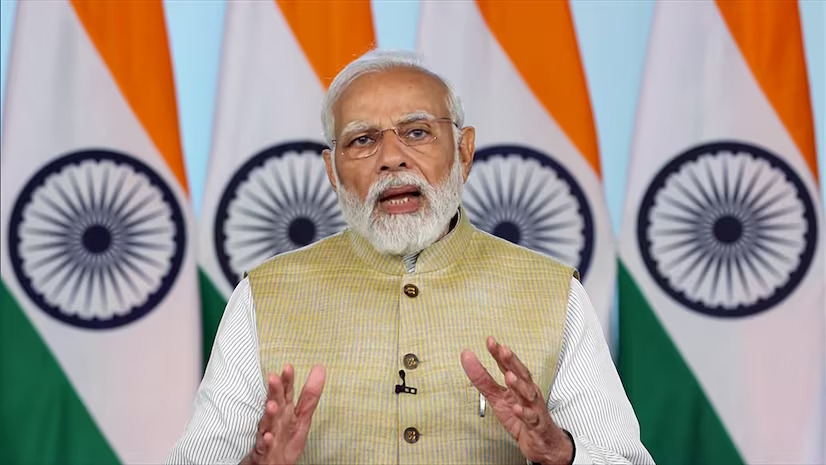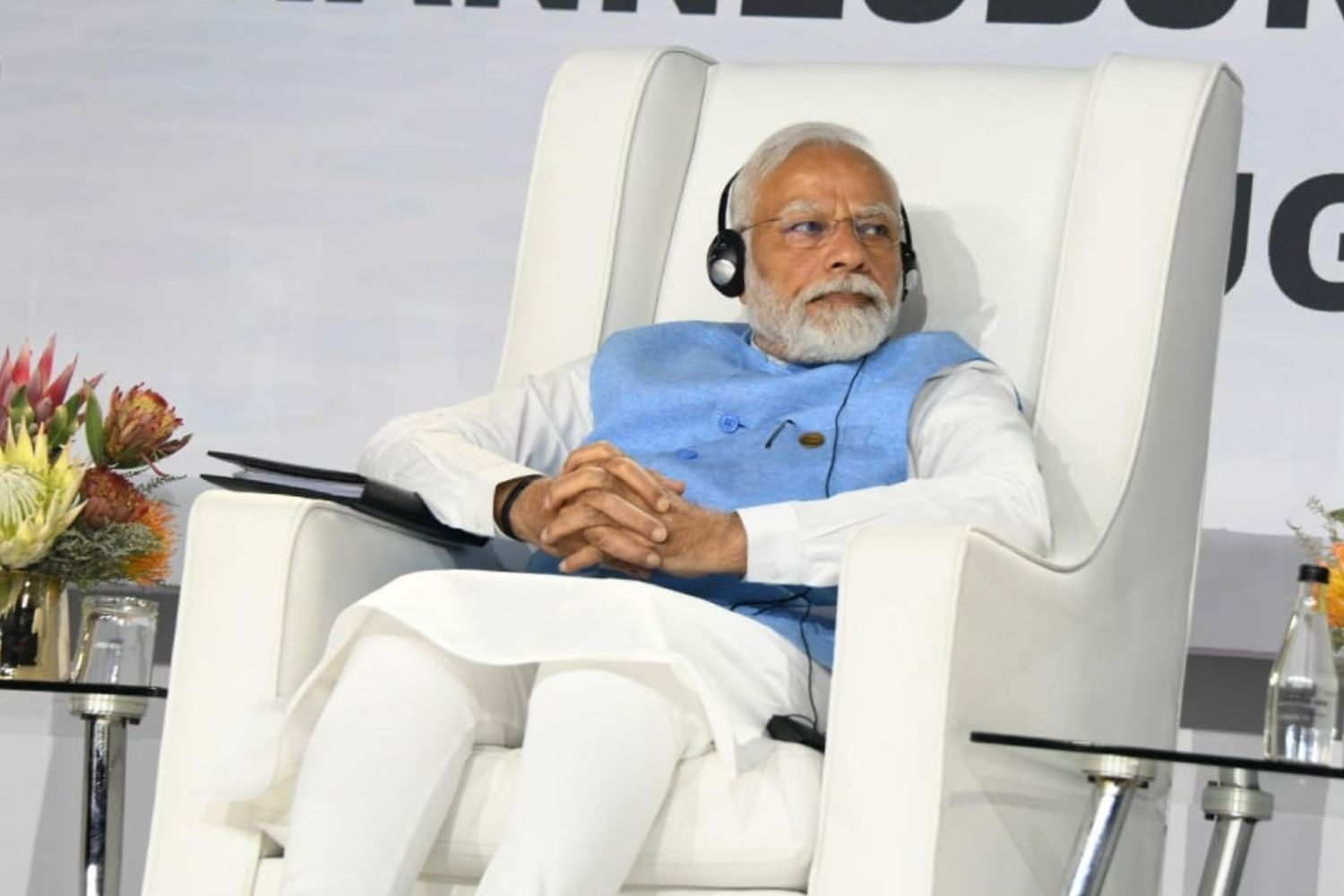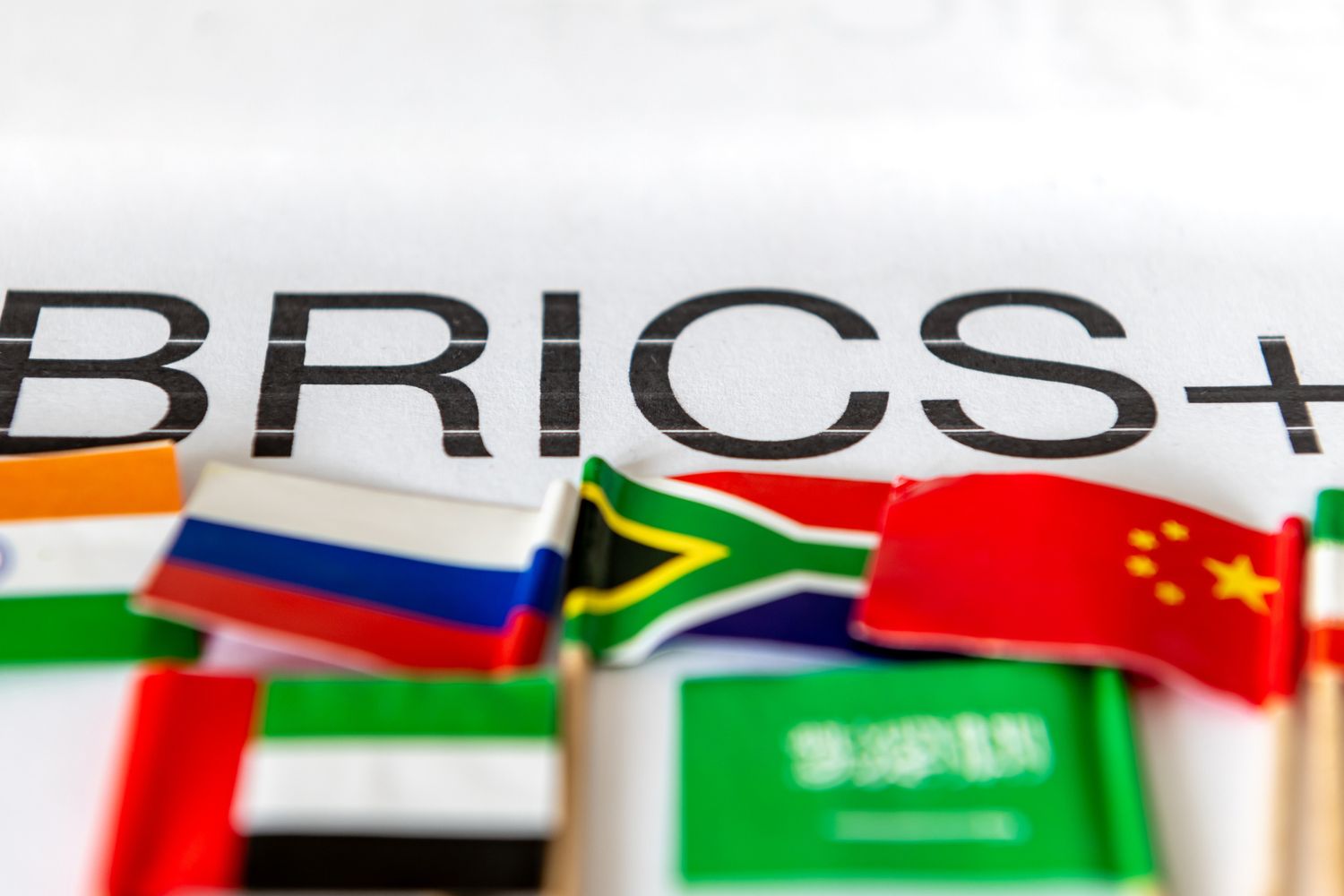Ever since Prime Minister Narendra Modi swept to power 10 years ago, India has witnessed rapid polarization along religious and ideological lines. Those enchanted by his leadership, including journalists, have often showcased his so-called achievements and global standing. However, after two landslide victories, Modi’s aura of invincibility was challenged in the 2024 elections. For the first time in a decade, his party, the Bharatiya Janata Party (BJP), does not hold a majority in Parliament on its own and must rely on allies to remain in power. Some of these allies are ideologically divergent and have the potential to exhaust even the most experienced politicians.
Despite this, journalists close to the Modi administration and commentators known for echoing government statements on social media and TV shows continued to extol Modi’s BJP long after the June results, which saw the Indian public tempering Modi’s dominance. These individuals maintained that nothing had changed, asserting that Modi still held firm control over the new government. They pointed to the cabinet formation as evidence of Modi’s undisputed authority and claimed that the era of coalition politics had ended, declaring it would not return anytime soon.
I consider this an ostrich-like approach that undermines journalism. The perception supporting Modi’s strongman persona is already faltering.
The reasons for this are not surprising. The BJP now holds only 240 seats in the Lok Sabha, the lower house of the Indian Parliament, and needs support from its partners to reach the magic number of 272 in the 543-member House. The prime minister himself lost a significant number of followers in his constituency, Varanasi, though he did manage to secure a narrow victory. In the 2014 general elections, Modi’s party won 282 seats in the Lok Sabha, and in 2019, it secured 303, twenty-one seats more than in the previous election. Commentators had prematurely declared the end of coalition politics, which had dominated India since the early 1990s.
Despite the hype from legacy media and the predictions of many poll pundits leading up to the 2024 elections, the BJP not only lost a substantial number of seats but also performed poorly in Uttar Pradesh, the country’s most populous state, which sends 80 members to the Lok Sabha. There, the BJP won 30 fewer seats in 2024 compared to 2019, leading to a decrease in its overall numbers.
Nevertheless, pro-government political pundits countered with sound bites and fervor, suggesting that Modi still wielded significant power in his third term as Prime Minister.
Perhaps to their dismay, last month the Modi government revised several key decisions under pressure from the opposition and, most importantly, from its own allies. If Modi’s party had held an absolute majority, such concessions would have been unthinkable. In both of his previous five-year terms, the Modi government pushed forward with plans that advanced a Hindu nationalist and largely Islamophobic agenda (termed Hindutva) promoted by its ideological parent, the Rashtriya Swayamsevak Sangh (RSS). This included the abrogation of Article 370 of the Indian Constitution in 2019, which granted autonomy to the Muslim-majority region of Jammu and Kashmir, resulting in the state being divided into two federally administered territories. It is one of the most militarized zones in the world and experienced the longest internet shutdown in the free world, from mid-2019 to early 2021.
Meeting the RSS’s objectives also involved Modi’s government working towards constructing a temple to the Hindu god Ram in Ayodhya on the site of a medieval mosque demolished by Hindutva zealots in 1992.
Today, however, we are witnessing a resurgence of coalition politics, where no party can unilaterally impose authoritarianism. As always, the proof is in the pudding.
Consider this: in mid-August, shortly after the government invited applications for lateral-entry positions in the bureaucracy, it withdrew the new proposal due to opposition from its allies in the ruling coalition, the National Democratic Alliance (NDA), such as Janata Dal (United) and Lok Janshakti Party. The BJP’s responsiveness to the concerns of its NDA partners is a new development, as is the assertive stance of these partners in the new government.
Anyone denying that the coalition era has returned is living in denial.
There are further signs that Modi and his team are more tempered than before. The Modi government allocated special grants to states governed by its partners, such as JD(U) and Telugu Desam Party (TDP). When these partners expressed concerns about a proposed law called the Waqf (Amendment) Bill, which deals with reviewing Islamic endowments in the country, the government eventually sent it to a joint parliamentary committee. TDP even sought extensive consultations with the Muslim community.
Such adjustments and reversals of Modi’s policies were praised by his political partners as victories for coalition politics.
In contrast, consider the farmer protests of 2020, which led a BJP ally, the Shiromani Akali Dal (SAD), to exit the ruling coalition in protest against what they argued were corporate-friendly and farmer-unfriendly agricultural reforms. Known collectively as the farm laws, these reforms were withdrawn not because of resistance from allies, but due to widespread farmer agitation that captured public and international attention. Additionally, Modi did not want to be perceived as anti-farmer and anti-Sikh, given that Sikhs comprised a large portion of the protesters.
Modi and his associates accommodating the sentiments of their electoral allies exemplifies the resurgence of coalition politics and represents a positive development for Indian democracy, celebrated for its immense diversity and multiculturalism.














Thanks for sharing. I read many of your blog posts, cool, your blog is very good.
Thanks for sharing. I read many of your blog posts, cool, your blog is very good.